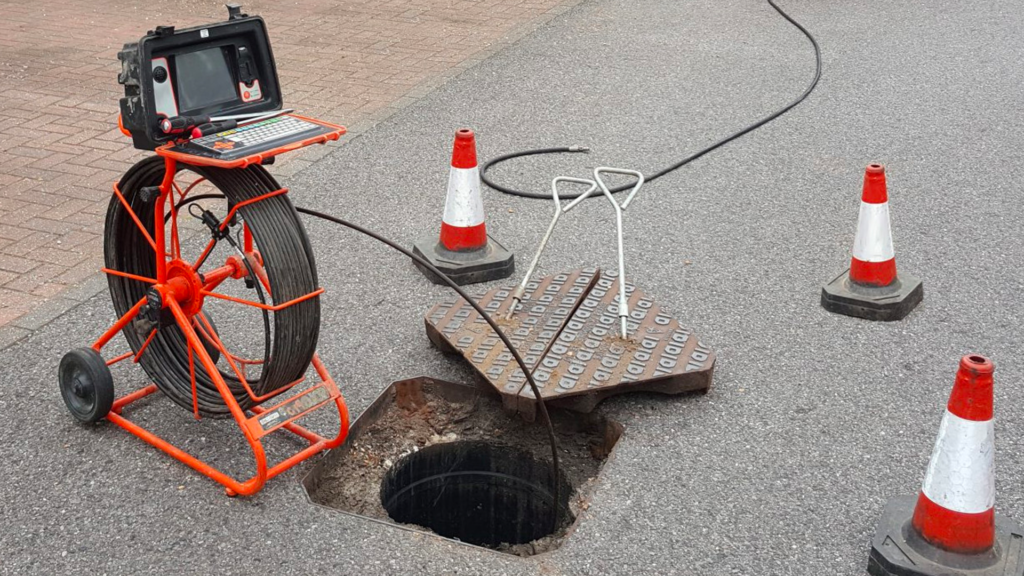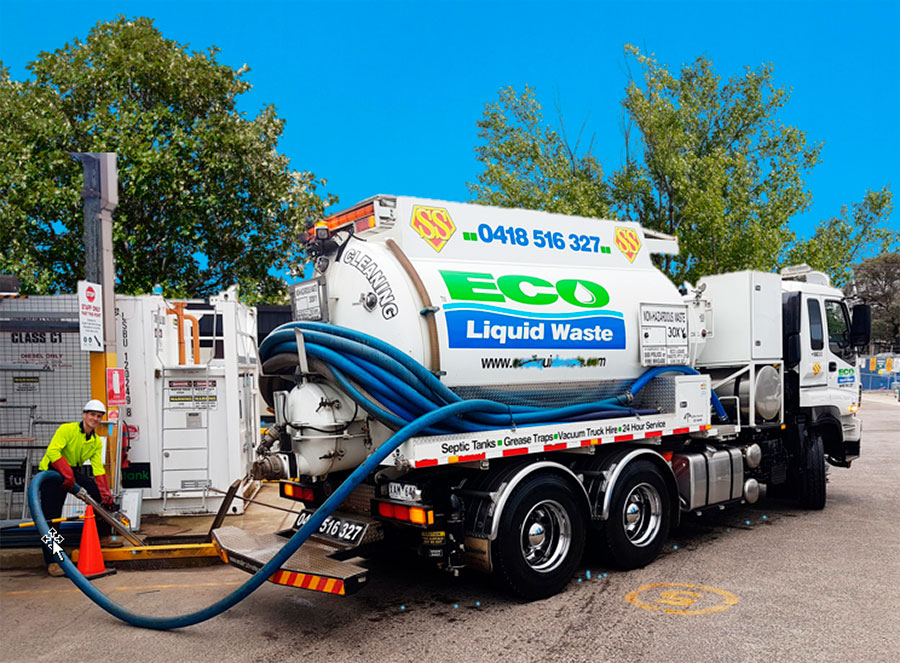A Biased View of Reclaim Waste
Table of ContentsReclaim Waste for DummiesThe Greatest Guide To Reclaim WasteRumored Buzz on Reclaim WasteWhat Does Reclaim Waste Do?Not known Facts About Reclaim Waste
Explore the kinds, events, and types of liquid waste. Residential sewage waste describes the waste and items from a property septic storage tank. This sort of waste is developed by people in houses, schools, and various other structures. This only includes sewage-disposal tanks that have a drain field. The correct administration and disposal of domestic sewer waste require fluid waste to be transferred to a sewer treatment plant where the correct techniques and equipment are related to purify and get rid of waste.
Commercial waste often consists of possible risks, such as combustible materials or a blend of fluid and solid waste products, and calls for a much more innovative and comprehensive disposal procedure. The disposal of industrial waste normally involves the filtering of waste prior to transport to guarantee risk-free and correct disposal. Industrial waste is produced from results and runoff of industrial processes and manufacturing.
This sort of waste can not use the exact same sewer management transportation or procedures as septic or business liquids. The hazardous waste monitoring procedure requires the evaluation and screening of fluid waste prior to it undertakes the disposal process (liquid waste removal). Drainage waste is the liquid waste that comes from runoff and excess stormwater in highly populated areas or cities
Overflow waste can trigger contamination and flooding if not taken care of effectively. Discover more about sewer cleaning and waste management. Guaranteeing appropriate waste administration can avoid catastrophes and decrease environmental harm. Both individuals in residential setups and specialists in business or manufacturing markets can take advantage of understanding the procedures and laws of fluid waste administration.
The Ultimate Guide To Reclaim Waste
Contact PROS Providers today to discover our waste administration and disposal services and the appropriate means to take care of the fluid waste you create.
Do you know what happens to your water when you draw the plug, flush the toilet or drain pipes the washing machine? No? Well, it deserves understanding. This supposed 'wastewater' is not only an important resource yet, after treatment, will certainly be launched to our land, waterways or the sea. Utilized water from bathrooms, showers, bathrooms, cooking area sinks, laundries and commercial processes is referred to as wastewater.

water made use of to cool equipment or clean plant and devices). Stormwater, a kind of wastewater, is drainage that moves from agricultural and metropolitan areas such as roof coverings, parks, gardens, roadways, courses and gutters right into stormwater drains pipes, after rain. Stormwater streams neglected straight to local creeks or rivers, ultimately getting to the ocean.
What Does Reclaim Waste Do?
In Queensland, many wastewater is treated at sewage therapy plants. Wastewater is transferred from domestic or industrial sites with a system of sewage systems and pump terminals, called sewage reticulation, to a sewer treatment plant. Local governments develop, preserve and operate most sewage treatment plants. Operators are licensed under the Environmental Management Act 1994 to discharge treated wastewater at an acceptable environmental standard into waterways.
The Division of Natural Resources encourages regional governments about managing, operating and maintaining sewage systems and therapy plants. In unsewered areas, city governments may require owners to mount private or home sewage treatment systems to deal with residential wastewater from bathrooms, kitchens, restrooms and laundries. The Department of Natural Resources authorises using household systems when they are confirmed to be effective.
Many stormwater receives no therapy. In some new neighborhoods, treatment of some stormwater to get rid of trash, sand and gravel has actually begun using gross toxin traps. Wastewater therapy happens in four stages: Gets rid of solid issue. Larger solids, such as plastics and various other things incorrectly discharged to sewage systems, are eliminated when wastewater is passed through displays.
Makes use of tiny living organisms recognizes as micro-organisms to break down and eliminate staying liquified wastes and fine particles. Micro-organisms and wastes are included in the sludge.
Reclaim Waste for Beginners
Nutrient removal is not readily available in all sewage treatment plants because it needs costly specialist devices. It is coming to be more common in Queensland. Clear liquid effluent produced after therapy might still have disease-causing micro-organisms. If this effluent is launched into rivers such as rivers or the sea, the micro-organisms will at some point pass away out.

This normally implies wastewater has to be dealt with or impurities eliminated before it can be released to rivers. Many wastewater flows right into the sewage system. Under the Act, regional federal governments provide approvals and permits for ecologically relevant tasks (Ages) involving wastewater launches that may have a local influence. The department administers authorizations and licences to Periods including wastewater releases that may have a regional or statewide influence.
Unknown Facts About Reclaim Waste
Otherwise, examples are considered laboratory analysis. Often numerous examinations are required to develop the levels of each of the different contaminants such as oils, hefty steels and chemicals in water. Monitoring offers valid details regarding water top quality and can confirm that licence conditions are being satisfied. The info gotten through surveillance supplies the basis for making water top quality choices.
Comments on “3 Easy Facts About Reclaim Waste Shown”